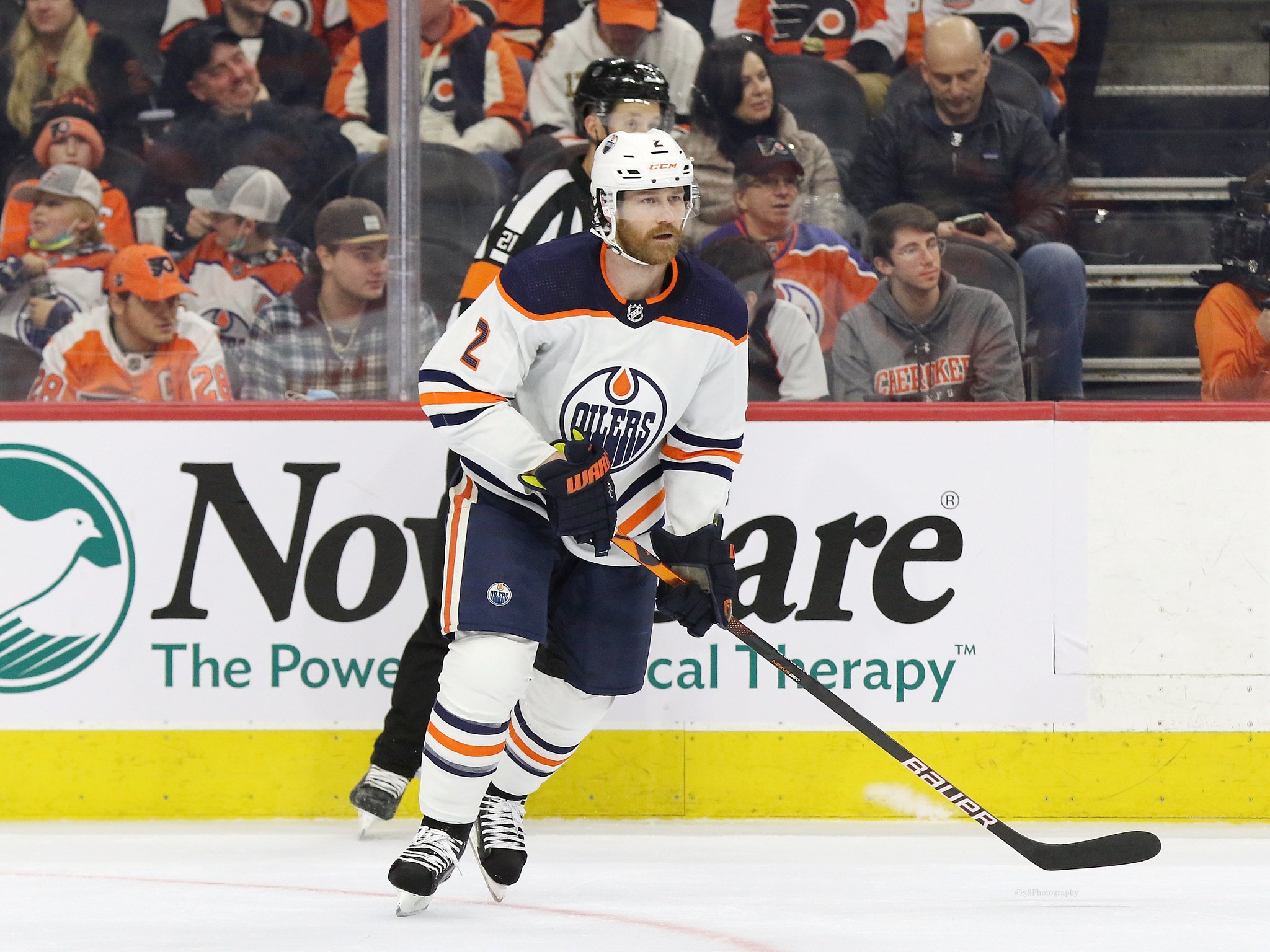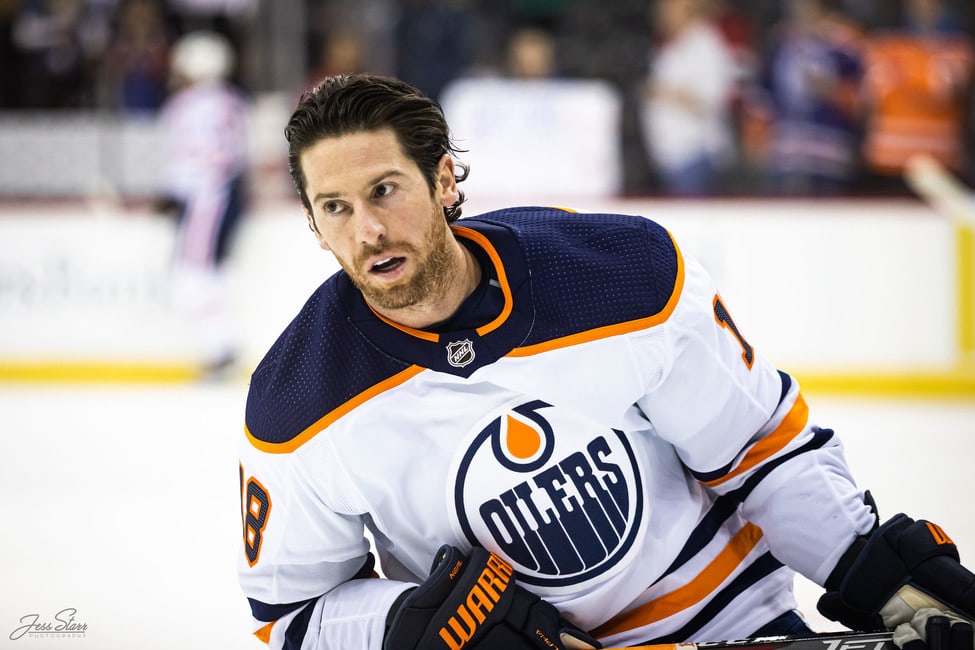It probably isn’t this way, but it sure feels like the NHL is out to get the Edmonton Oilers. When it comes to coaching compensation, season proration, and now the potential loss of a cap credit that seems clearly written into the NHL’s Collective Bargaining Agreement, the NHL sure has a way of finding the ideal timing to shaft the Oilers on a regular basis.
Keeping in mind that the chances Duncan Keith actually retires this summer is slim, it’s still baffling that the NHL has decided, for some arbitrary reason, that if the defenseman does hang it up, the Oilers won’t receive a cap credit. As per NHL Deputy commissioner Bill Daly, “No, there is no concept of a ‘cap credit’ for current teams that may lose a player to retirement.”
Understanding the Duncan Keith Situation
I had previously reported that Keith’s situation was a unique one that could have some real benefits for the Oilers, should the defenseman choose to retire this summer. But, as per Daniel Nugent-Bowman of The Athletic, the wording in the CBA is a bit confusing. The Oilers were never told they would receive a cap credit if Keith retired early, and the team traded for him anyway. Still, it sounds like there should be one coming the Oilers’ way if Keith calls it quits. The NHL has said no.

Nugent-Bowman writes:
The NHL’s CBA wording can be complicated, and that’s where the discrepancy seems to be with whether a team in the Oilers’ position might receive additional cap space. There are mentions of “cap advantage” in the CBA, but those are referring to a team benefiting from how the contract was structured. The Oilers were told at the time of acquiring Keith that they would gain only Keith’s cap hit and not receive an additional cap credit at any point if the blueliner retired.
source- ‘What it means for Blackhawks, Oilers’ cap situations if Duncan Keith retires’ – Daniel Nugent-Bowman – The Athletic – 06/15/2022
Related: NHL Rumors: Ducks, Canadiens, Oilers, Penguins, Canucks
So yes, the Oilers would get the benefit of Keith’s $5,538,462 cap hit coming off the books (which is huge), but they wouldn’t get an additional $3.4 million to spend in other areas. What’s interesting about this, is that the league has decided it would penalize the Blackhawks, but not reward the Oilers. Nugent-Bowman adds, “They [Blackhawks] would be on the hook for a recapture penalty for the cap space they saved during the first 11 years of Keith’s contract. They would owe $7,476,918 over the next two seasons.”
Seems unfair that the rule can be applied to one team and ignored when it comes to the other.
Not The First Time Oilers Have Been Shafted
When the Oilers hired Peter Chiarelli as general manager from the Boston Bruins, they were forced to give the Bruins a second-round pick in compensation. When they hired Todd McLellan from the San Jose Sharks as a coach, they had to give up a draft pick in compensation again. Not long after those two picks were given up, the NHL changed the rules on compensation for fired executives and coaches. They deemed it to be unfair that teams should have to pay teams back for members of their staff that they’d fired.

In July of 2020, Chris Johnston of Sportsnet confirmed that the NHL had made a ruling on the conditions in the July 2019 James Neal for Milan Lucic trade with the Calgary Flames. In that ruling, it was determined that the Oilers would transfer their third-round pick in either 2020 or 2021 to the Flames to complete the deal. This condition was to be met if James Neal scored 20 goals that season, something he didn’t do because of a shortened NHL season. The league decided to prorate Neal’s production and add a goal to his total, even though the games didn’t take place. The Oilers were one of the only teams, if not the only team, that was penalized in this manner.
Time the Oilers Said Something
Again, Keith isn’t likely to retire. That said, if he does, the Oilers need to put up a fight here. There’s absolutely no reason the NHL should be allowed to make these rules up and change them for kicks. Edmonton has seen its fair share of fortune (winning the lottery to draft Connor McDavid is among the most notable), but this trend that screws the Oilers is starting to get out of hand.
The NHLPA and the players might have something to say about this too. The Oilers not getting a cap credit really doesn’t help them and their cause, nor does it positively affect the pool of money that’s supposed to go to team-wide salary caps.
Let’s not even get into the idea of LTIR and teams going over the cap on a repeated basis without penalty.
